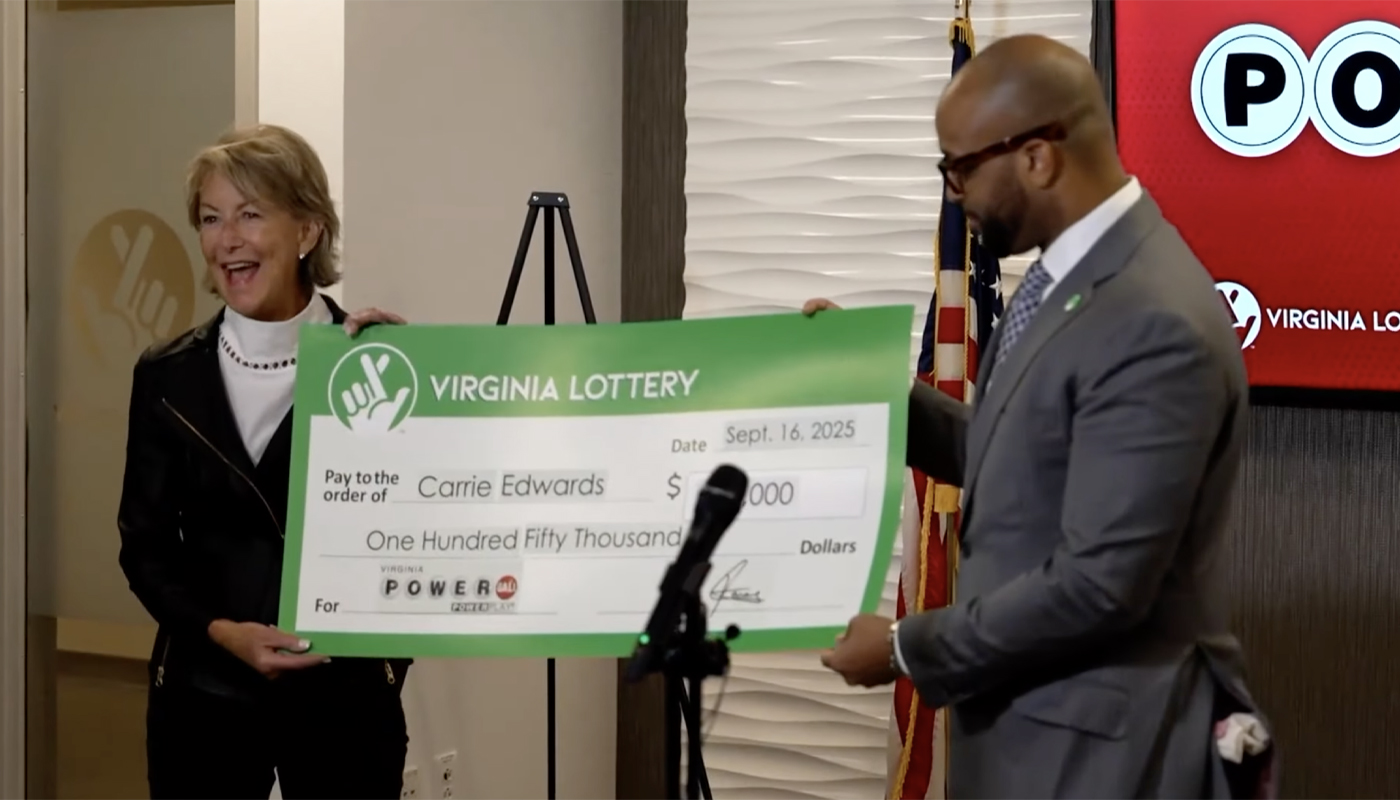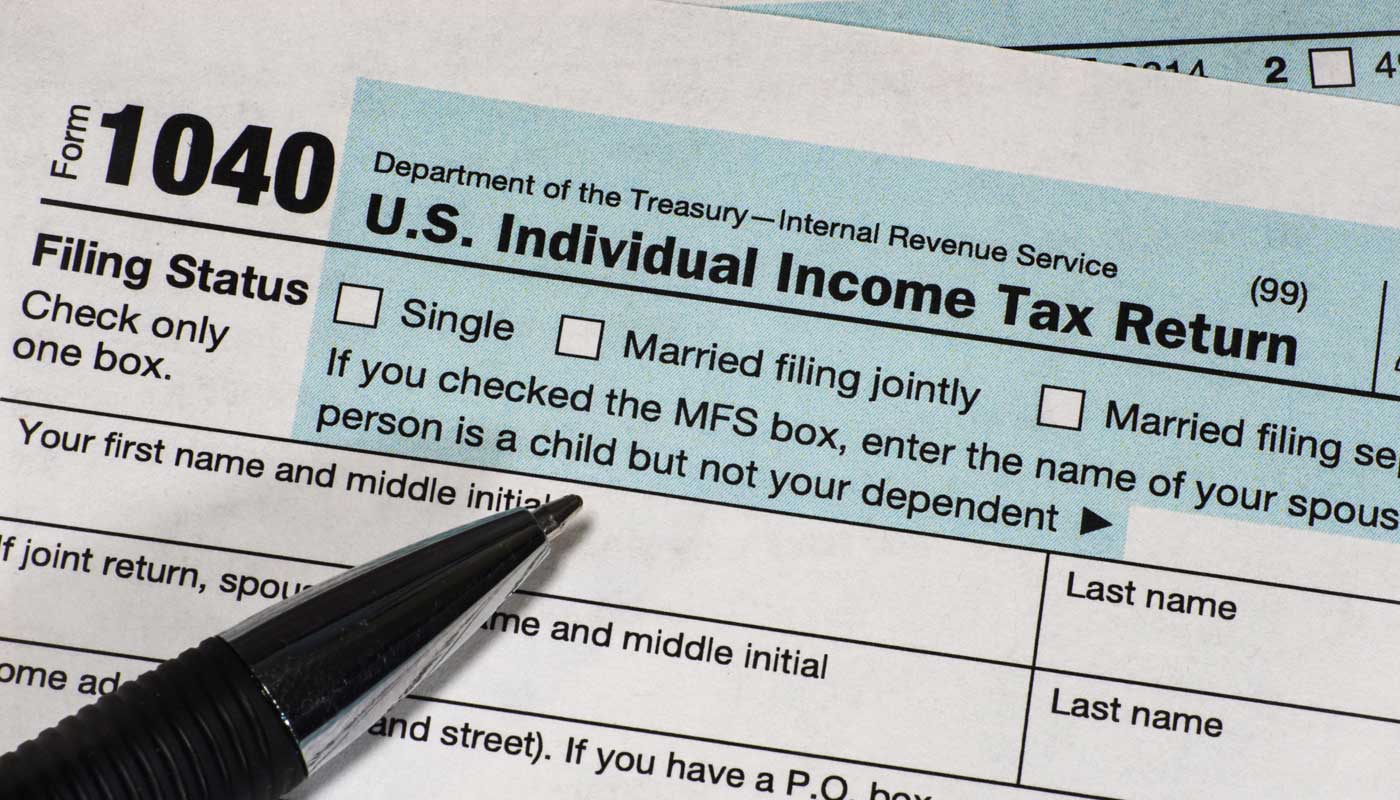
News writer
It's a fantasy most of us have indulged in at some point: the Powerball jackpot climbs into the hundreds of millions, and for a moment, you imagine what life would look like if those winning numbers were yours. The debt disappears, the mortgage is wiped away, and suddenly that dream vacation or sports car doesn't seem so far-fetched.
Somewhere in that daydream, many of us also picture ourselves doing something noble, maybe donating to charity, helping a struggling neighbor, or writing a check that changes lives.
But here's the uncomfortable truth: while it's easy to say you'd share your winnings, the reality is that very few lottery winners actually do, with exceptions like the recent Powerball winner in Virginia, who gave her $150K win all to charities.
The generosity gap
Back in the 1980s, a study of lottery winners revealed something surprising: only about 10% gave money to charity at all, and when they did, it was usually a modest amount directed toward their local church or a familiar cause.
More recent surveys suggest that 60–70% of players claim they would donate if they won, but when real money lands in their bank accounts, the number of winners who follow through with meaningful giving remains a small fraction.
It's a classic case of what psychologists call the “intention-action gap.” People intend to be generous, but the leap from good intentions to real action is harder than we like to admit.
When we imagine winning, we picture it in the abstract, as if it's monopoly money. But when the prize is real, every dollar suddenly carries weight. Every donation has an opportunity cost: that's money that could buy a house, pad a retirement account, or pay off college tuition. In the face of those tradeoffs, charity often takes a back seat.
The psychology of sudden wealth
Lottery winnings are more than just money; they're a psychological earthquake. Research into “sudden wealth syndrome” shows that people who come into big windfalls often feel overwhelmed, anxious, and even paralyzed by the choices in front of them.
Some winners hoard, terrified that their fortune will slip away. Others overspend, burning through their prize in a few years. And some retreat from friends and family, wary of being treated like a walking ATM. In that swirl of emotions, the thought of cutting a seven-figure check to charity isn't always top of mind.
And yet, the social pressure can be immense. Winners are often thrust into the spotlight, and with that comes expectations. Why wouldn't someone with $100 million spare a fraction of it for a good cause? The irony is that the bigger the jackpot, the greater the scrutiny, and sometimes, the greater the reluctance to give.
Why donating feels easier in theory
Part of the reason generosity looks so appealing in the hypothetical is that it's painless. When you're not actually holding the money, giving away $1 million from a $100 million jackpot sounds like nothing. In your mind, you're still left with more than you could ever spend.
But in reality, donations require decisions: about taxes, about which charities are trustworthy, about whether the money will be used effectively. They also raise complicated emotions: guilt, fear of being taken advantage of, or even resentment at the expectation to share.
That's why only a minority of winners step into true philanthropy. They're exceptions, not the rule. And that's also why stories of giving stand out so vividly when they do happen.
History's lesson: Lotteries and public good
It's worth remembering that lotteries themselves have a long history of being tied to public good. In colonial America, lotteries funded roads, schools, and even parts of the Revolutionary War effort. In modern times, state lotteries are pitched as a way to support education, veterans, or local programs.
That framing may make players feel like they're already “giving back” simply by buying a ticket. After all, if the lottery funds schools, why donate again after winning? But that reasoning overlooks a crucial distinction: state-directed funds are not the same as personal philanthropy. The question isn't what the state does with lottery proceeds, but what you would do if luck suddenly changed your life.
Cultural contrasts in generosity
Interestingly, attitudes toward giving differ across cultures. In Canada, a Nova Scotia couple made headlines when they decided to give away nearly all of their $11 million prize in 2010, which made them a national point of pride. Europeans tend to celebrate lottery philanthropy more than the United States. This could reflect on the stronger cultural traditions of social welfare in Europe.
In the U.S., however, the narrative often focuses more on winners securing their family's future, paying off debt, or buying luxuries. Charitable giving is present, but less common. That may say something about cultural values, or simply about how overwhelming sudden wealth can be when it drops into an individualistic society.
Cautionary tales of keeping it all
There are also cautionary tales of winners who chose not to give, and later regretted it. Some blew through their fortune, finding themselves broke and bitter within a decade.
Others became more distant with their family and friends, since fights over money put strain on the relationships or even ended some of them. For those winners, generosity might have provided not only social good, but personal balance. The families can't fight over money when it's been given to a charity.
It's worth asking: would giving some of it away have actually made their winnings more enjoyable in the long run? No one is to say, but it seems like giving some of the money to charity would definitely make the person feel good about themselves, but then also take the burden of family/friends asking for handouts when you have nothing to hand out.
Would you do the same?
That brings us back to the Virginia woman whose story recently made headlines. After winning $150,000 in the lottery, she gave away every single penny.
No hesitation, no caveats, just an act of pure generosity. Her decision stunned many readers precisely because it ran against the grain of what most winners do.
She's part of that small, exceptional minority who treat sudden wealth as an opportunity to give rather than to keep. Which leads to the question: Would you do the same?
It's easy to picture yourself as the generous type. But if a check for millions landed in your hands tomorrow, would you really follow through? Or would you make up excuses to not give back, but promise to do it later? However, later never gets here.
When winners actually do give
Despite the statistics, a handful of winners truly do step up, and their stories serve as reminders that generosity is possible, even in the face of temptation.
- South Carolina Mega Millions winner (2019): The anonymous player who claimed the historic $1.5 billion Mega Millions jackpot chose to keep a low profile, but not when it came to generosity. Reports later revealed the winner quietly donated millions to several causes, including relief funds for Alabama tornado victims. It was a striking reminder that even the largest prizes can be used to make a difference for people in immediate need.
- Canadian couple Allan and Violet Large (2010): Perhaps one of the most famous acts of lottery generosity came from Allan and Violet Large, a retired couple from Nova Scotia who won $11 million in Canada's lottery. Instead of keeping the money, they gave nearly all of it away to hospitals, churches, fire departments, and local charities. Their reasoning was simple: they were financially secure and wanted to help others. Their story has since been held up as the gold standard of philanthropic lottery winners.
- New Hampshire Powerball winner (2018): When a $560 million Powerball ticket hit in New Hampshire, the winner fought in court to remain anonymous, but her generosity didn't stay hidden. After securing her prize, she made large donations to two charities, ensuring her windfall benefited more than just herself. For many, her actions were a reminder that even when privacy is a priority, kindness can still be shared widely.
- Kentucky couple (2025): More recently, a Kentucky couple who won a $15 million prize announced plans to use a portion of their winnings for “anonymous acts of kindness.” While they didn't reveal the exact details, they made it clear their community would benefit. This modern-day example shows that even mid-sized jackpots can spark a ripple effect of generosity.
The mirror test
Most of us want to believe we'd be like the Larges or the anonymous New Hampshire winner, using our prize to make the world a little better. But statistics tell us the odds of that kind of generosity are much lower than we'd like to admit.
So the real question isn't whether lottery winners should give more. It's whether, if fortune smiled on you tomorrow, you'd be part of that small percentage that actually does.
Because imagining generosity is easy, living it, when the money is sitting in your bank account, is the true test.
Enjoy playing the lottery, and please remember to play responsibly.















Comments